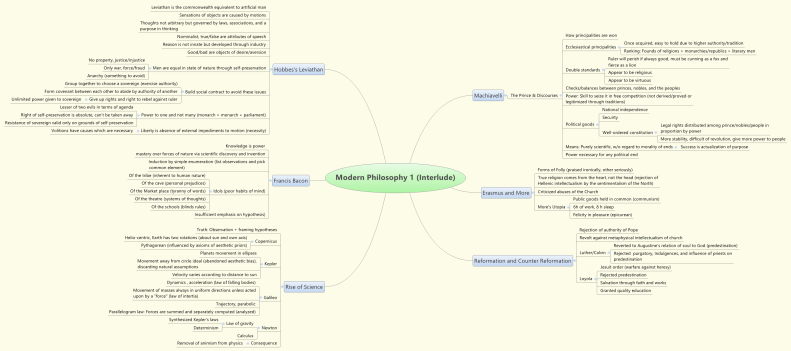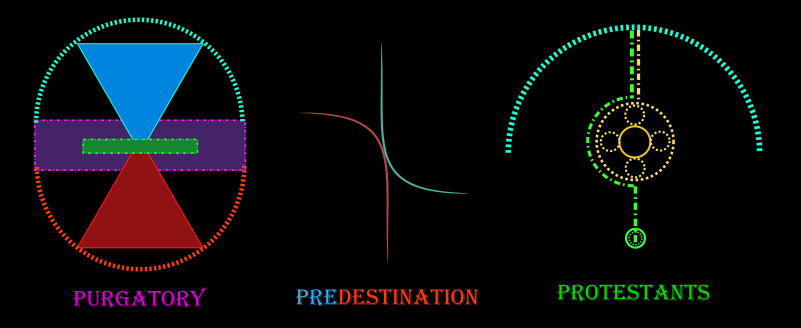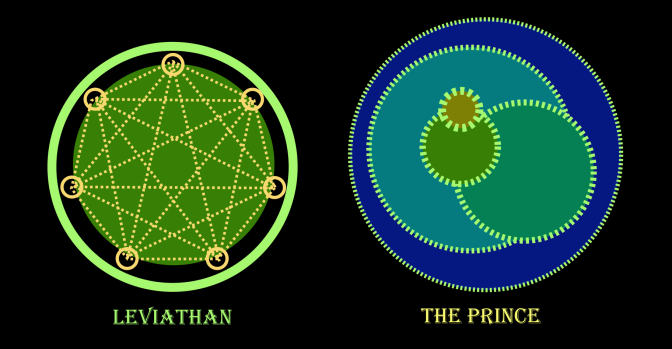The enlightenment era marks the beginning of the end for the scholastic philosophy from which much of the Western church doctrines and humanity’s knowledge of the world is derived. From a political standpoint, the authority of the Western church and its papal orders were severely undermined in reaction to its gross abuses of powers; the selling of both indulgences and simony violated the spirit of the original gospels. The protestant reformation, spearheaded by Luther and Calvin, resulted in another schism of the Church, particularly in the northern European nations where Papal authority was distant; subsequent power shifted away from the church and back to the state. Political theorists such as Machiavelli and Hobbes produced new commentaries as to how states are both won and maintained. Renewed interests in the classical Greek works led to a revival of a humanistic tradition (life on Earth as opposed to the heavens) and scientific inquiry not seen since the pre-Socratic philosophers.
The protestant reformation rejected many of the Catholic church practices in favor of salvation by faith alone. Catholic doctrines on the purgatory (one’s sentence can be reduced through indulgences) were in clear violation of the protestant beliefs. Merits by good works no longer altered one’s passage to the after-life; it is only through God’s grace that one is pre-destined to enter either heaven or hell. Last, confessions of sins to a priest (middle man) were no longer required as one’s relationship with God has moved onto one’s individual faith alone.
The power shift from Church to individual (and thus state) gave rise to new commentaries on how societies emerge and are held in check. Machiavellian power-dynamics are a form of instrumentality that exchanges stability for moral corruption; such is the sharp departure from previous incarnations of Utopias idealized by Plato and More. Hobbes approached state-crafting from the perspective of self-preservation (rather than from a “will to power”) where men are equal in the state of nature (where the only right he can claim is his self-preservation) but live short and brutish lives unless engaged in social contracts with each other. However, a society (sovereign entity, state) built upon social-contracts would devolve back to anarchy unless leadership was provided; absolute monarchy was argued as the best leadership as it had fewer conflicts of interest.
The rise of scientific discourse, as a criterion of knowledge, placed hypotheses verified by observation above axiom/priors favored by the Platonic ideals. Francis Bacon’s induction finds similarities amongst accumulated data to build hypotheses. Copernicus placed the sun back into center of the universe; Kepler hypothesized that the orbits of planetary masses were ellipsoidal rather than circle ideals. Galileo developed the dynamics of acceleration and the law of inertia. Newton unified all these models in the universal theory of gravity; a mechanistic description of the universe is formed.



